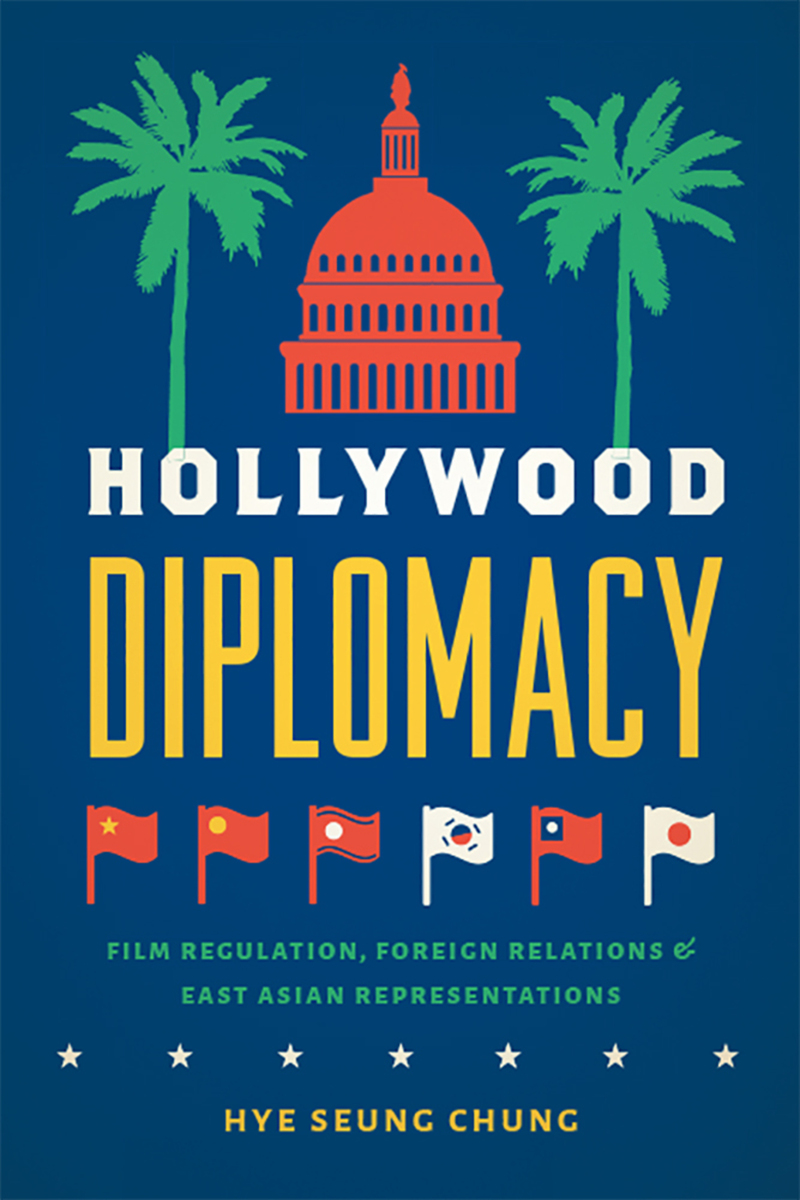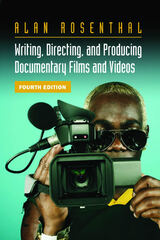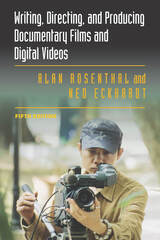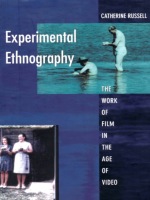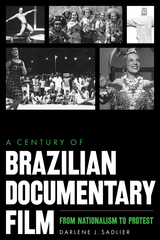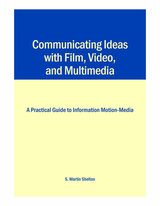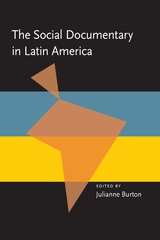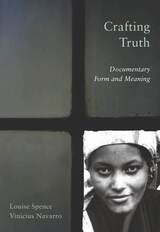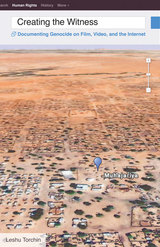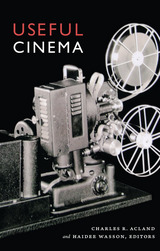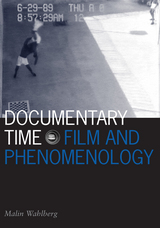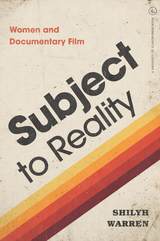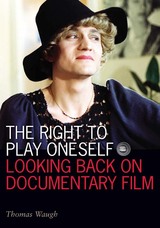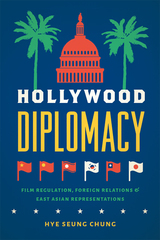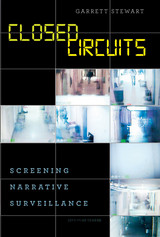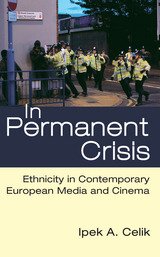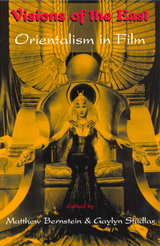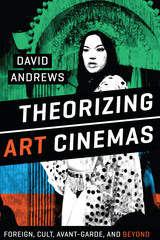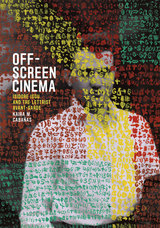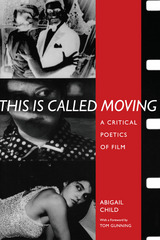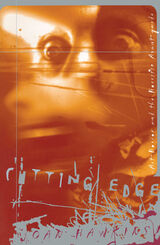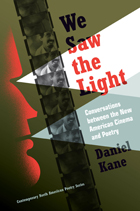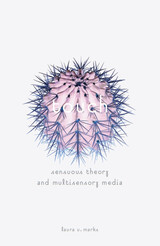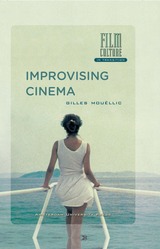Hollywood Diplomacy: Film Regulation, Foreign Relations, and East Asian Representations
Rutgers University Press, 2020
Paper: 978-1-9788-0155-4 | eISBN: 978-1-9788-0159-2 | Cloth: 978-1-9788-0156-1
Library of Congress Classification PN1995.9.E23C48 2020
Dewey Decimal Classification 791.4365295
Paper: 978-1-9788-0155-4 | eISBN: 978-1-9788-0159-2 | Cloth: 978-1-9788-0156-1
Library of Congress Classification PN1995.9.E23C48 2020
Dewey Decimal Classification 791.4365295
ABOUT THIS BOOK | AUTHOR BIOGRAPHY | REVIEWS | TOC
ABOUT THIS BOOK
Hollywood Diplomacy contends that, rather than simply reflect the West’s cultural fantasies of an imagined “Orient,” images of Chinese, Japanese, and Korean ethnicities have long been contested sites where the commercial interests of Hollywood studios and the political mandates of U.S. foreign policy collide, compete against one another, and often become compromised in the process. While tracing both Hollywood’s internal foreign relations protocols—from the “Open Door” policy of the silent era to the “National Feelings” provision of the Production Code—and external regulatory interventions by the Chinese government, the U.S. State Department, the Office of War Information, and the Department of Defense, Hye Seung Chung reevaluates such American classics as Shanghai Express and The Great Dictator and applies historical insights to the controversies surrounding contemporary productions including Die Another Day and The Interview. This richly detailed book redefines the concept of “creative freedom” in the context of commerce: shifting focus away from the artistic entitlement to offend foreign audiences toward the opportunity to build new, better relationships with partners around the world through diplomatic representations of race, ethnicity, and nationality.
See other books on: Censorship | Communication Policy | East Asia | Entertainment | In motion pictures
See other titles from Rutgers University Press
